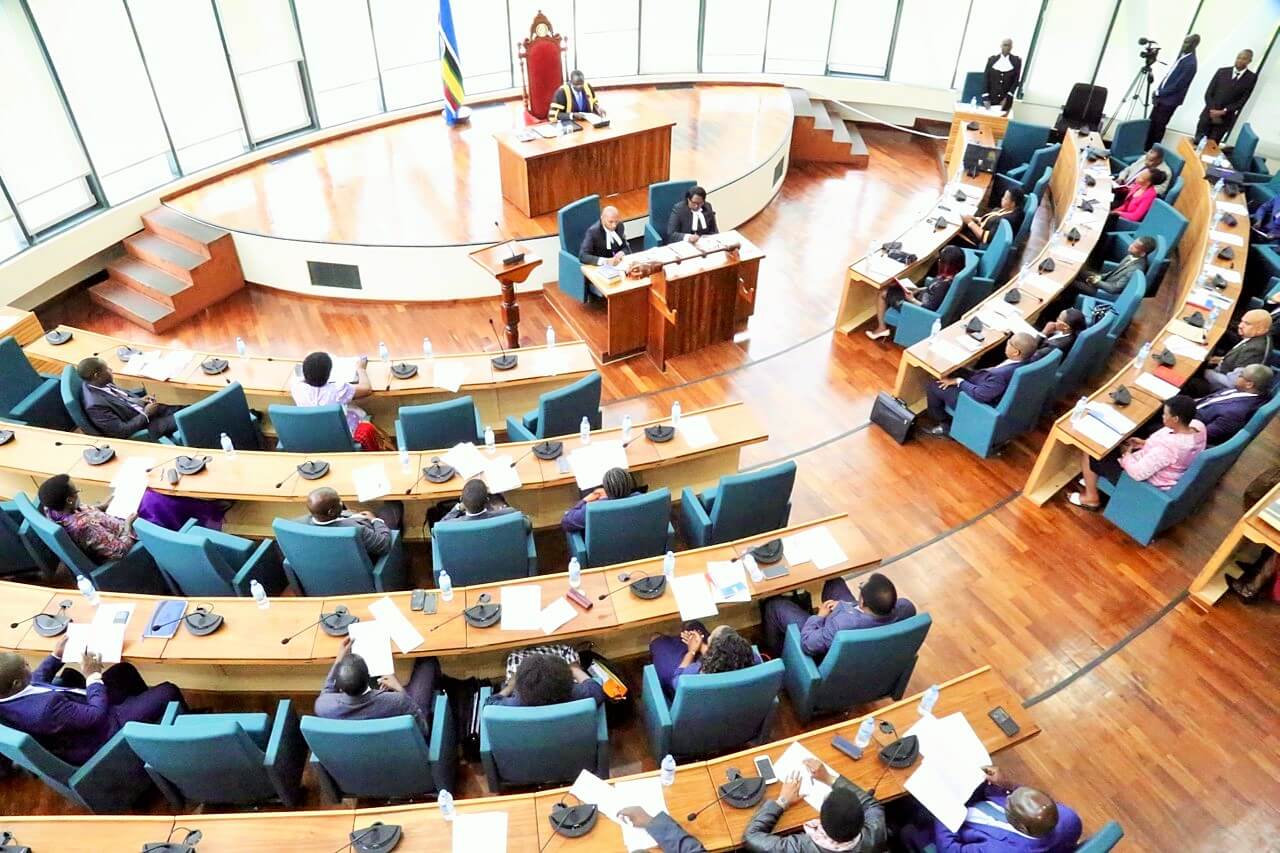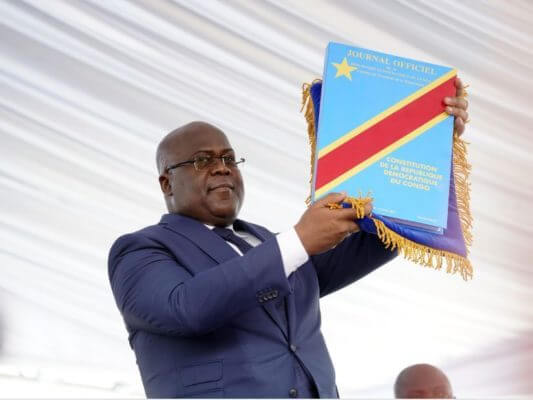The World Bank has projected a weaker economic growth in sub Saharan African in 2020, pinning hopes on investor confidence to turnaround fortunes of the region’s economies. According to the Bank’s 2020 Global Economic Prospects, growth is expected to pick up to 2.9 per cent this year, assuming investor confidence improves in some large economies, energy bottlenecks ease and robust growth continues in agricultural commodity exporters. The forecast is weaker than previously expected, reflecting softer demand from key trading partners, lower commodity prices and adverse domestic developments in several countries. But for East African Community, the problem is further compounded by low intra-trade, meaning much needed foreign exchange is spent on imports from outside the region, leading to slowdown in manufacturing and reduced job opportunities. This is the reason increasing intra-East African Community trade is top on the agenda of the regional private sector-led umbrella body—the East African Business Council (EABC). This was the major resolution arrived at in Arusha last November during the two-day high-level East African Business and Investment Summit. Even though the EAC is one of Africa’s fastest growing regional blocs, registering economic growth of 5.7 per cent in 2018, more intra-trade won’t be easy. While the Summit took stock of EAC achievements for the past 20 years, it is increasingly becoming clear that the more resolutions are made to increase intra-trade, the more the challenges the region faces. “Mechanisms for resolving Non tariff barriers were put in place, for instance, the national monitoring committees and regional...
World Bank projects weak growth of economies in sub-Saharan region
Posted on: January 13, 2020
Posted on: January 13, 2020





















